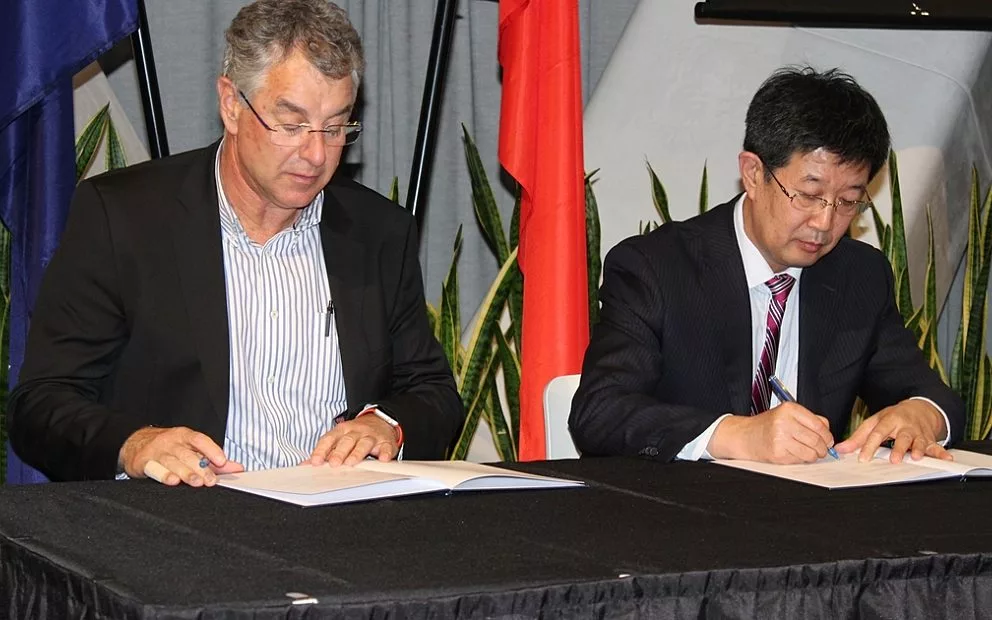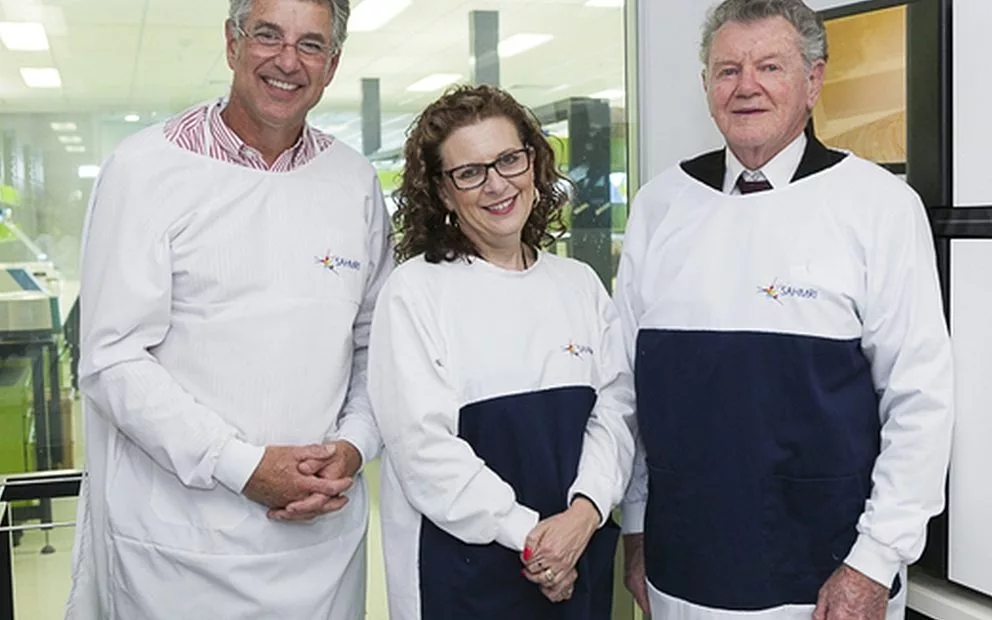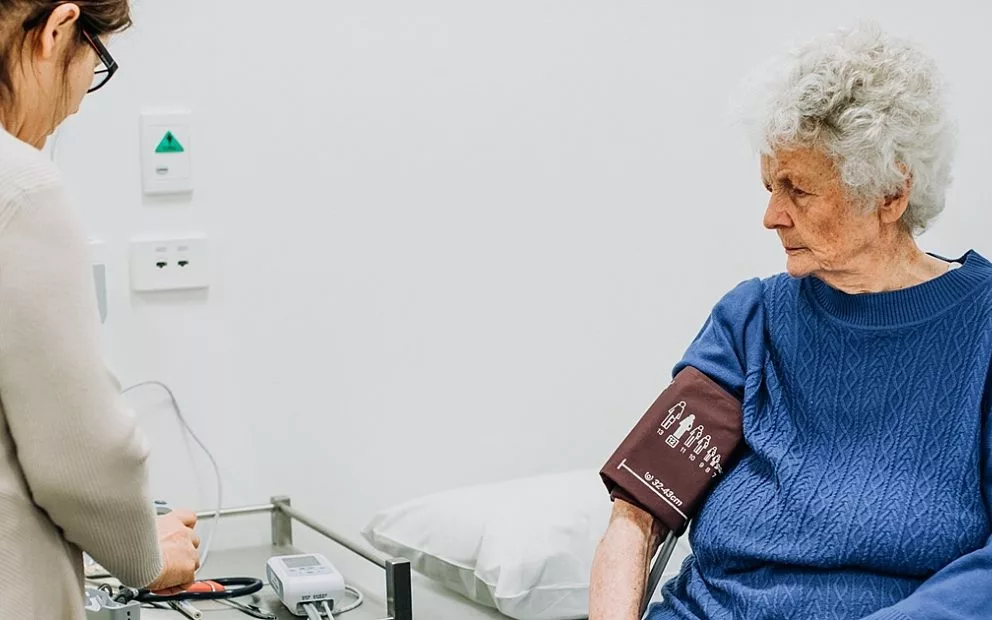Today, the South Australian Health and Medical Research Institute (SAHMRI) and the Provincial Shandong Hospital are signing an international partnership agreement. This partnership will facilitate scientific research, academic exchange and skills development between the two parties.
The research pertaining to this agreement will span across SAHMRI, however, the initial focus of this collaboration will be in the area of Nutrition and Metabolism.
This collaboration has come into existence following a recent visit to Shandong by SAHMRI’s Nutrition and Metabolism Theme Leader, Professor Chris Proud, and also Dr Xuemin Wang, Head, Laboratory of Cell Signalling and Gene Regulation, where they presented on several occasions to members of the Chinese government and the Chinese health sector about the research being carried out at SAHMRI.
Professor Proud, will be collaborating with Professor Jia-jun Zhao, who is the Vice President of the Provincial Shandong Hospital, and also a leading expert in the field of endocrinology and metabolism.
Professor Proud said that, given China’s ageing population, type 2 diabetes and metabolic disease are huge issues that must be urgently addressed.
“Of China’s population of 1.4 billion people, approximately 120 million are suffering from type 2 diabetes or a metabolic disease. This is a huge health burden for China.”
“We are honoured to be working with Professor Zhao, an international expert in his field. As part of this collaboration, members of his research team in China will come to work at SAHMRI with my team, and we are really looking forward to kicking off this partnership.”
Professor Steve Wesselingh, Executive Director, SAHMRI, said that it’s fantastic that this international partnership has been established.
“Collaboration is the backbone of SAHMRI. Through the sharing of resources, technology and personnel, using SAHMRI and the Provincial Shandong Hospital’s respective research platforms, and collaborating in project reporting, we will certainly be able to establish one or more leading international research projects,” he said.



